Why Knuckles Crack and Whether It Can Be Bad for You
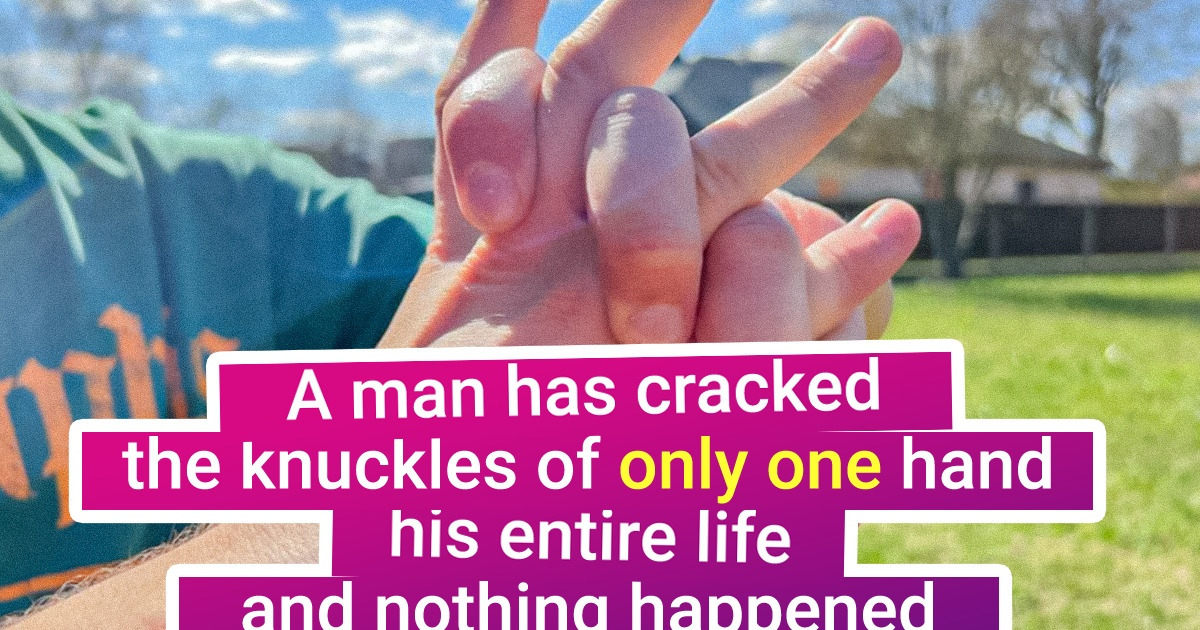
You probably know someone who likes cracking their knuckles, and maybe you love it yourself. If so, you must have heard a theory that this habit is very dangerous and may lead to serious problems.
5-Minute Crafts decided to find out why knuckles crack and if it’s bad for you.
Why knuckles crack
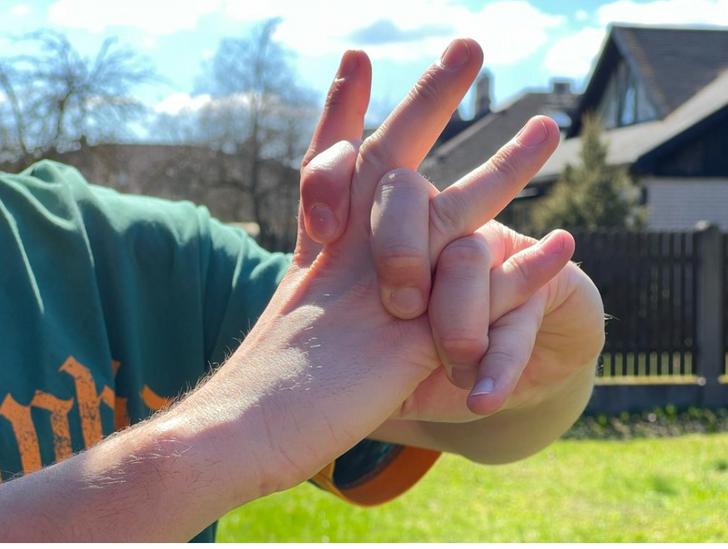
Knuckle cracking is connected with gas bubbles. Inside our joints, there’s synovial fluid acting as a lubricant. In the fluid, there are gases: oxygen, nitrogen, and carbon dioxide.
When we use our joints, the joint capsule is stretched, so gas bubbles are released. So, the next time you move the joint, the pressure inside increases and the bubbles pop, so you hear a sound.
You’ve probably noticed that you can’t crack the same joint twice in a row. The thing is, gas bubbles need time to build up in the joint. Usually, it takes around 20 minutes.
There are some other factors that might cause certain sounds.
- Tendon. When you move a joint, the tendon changes position and moves. When it returns to the initial position, you might hear a crack.
- Ligament. When a joint moves, the ligaments may tighten and crack. It often happens in knees and ankles.
- Joints. The joints with arthritis may make certain sounds. It’s caused by the loss of smooth cartilage and the roughness of the joint surface.
Why it feels nice to crack knuckles
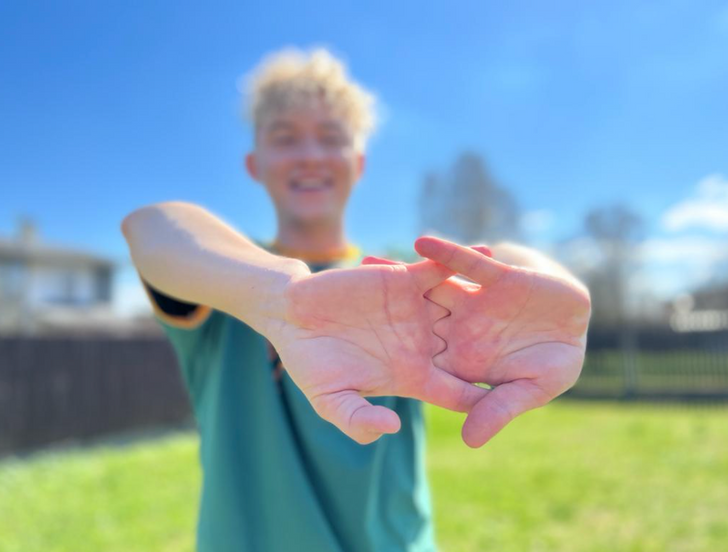
Different manipulations with joints stimulate certain nerve endings called the Golgi tendon organs. They are involved in a sense of motion.
This is where the tendons join the muscles and react to the changes in muscle load. When we crack our joints, these nerve endings are stimulated and we feel the pressure in the joints go down.
Cracking knuckles can also lead to a relaxation of muscles around the joints and the joint becoming more mobile.
Can knuckle cracking be bad
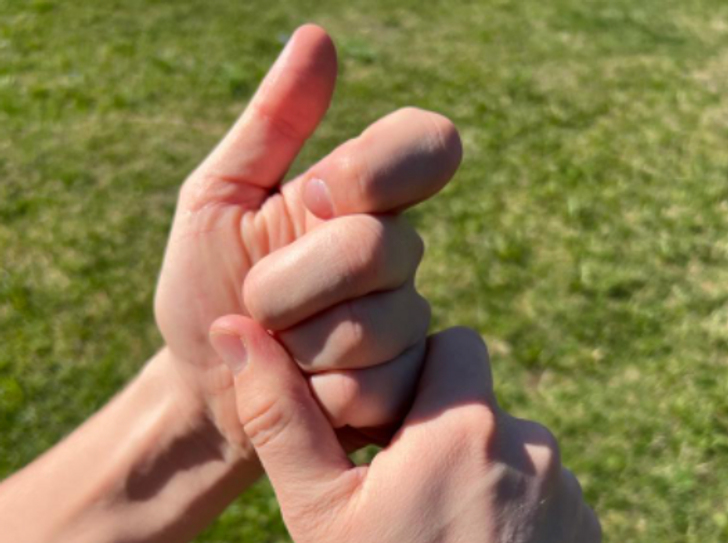
You’ve probably heard that it’s a bad habit that may cause arthritis. But experts disagree with this statement.
A Californian doctor even decided to conduct an experiment on himself to prove his theory. For a very long time he regularly cracked his knuckles only on one hand. Several decades later, he X-rayed both of his hands and noticed no difference in his joints.
Another, bigger study also concluded that this habit is harmless.
When it’s time to see a doctor
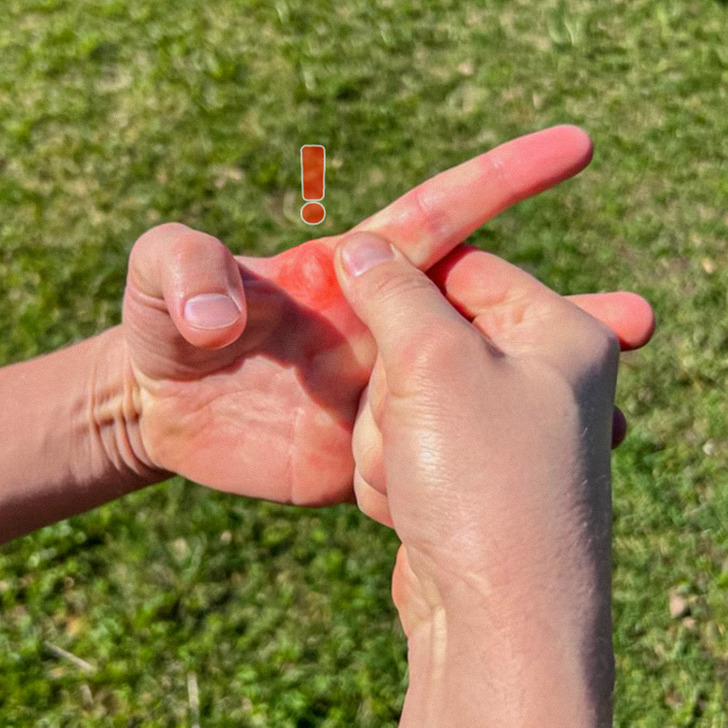
Cracking itself is not harmful. But if you notice the following symptoms, you need to see a doctor immediately.
- The joint looks swollen, inflamed, or discolored.
- The finger can’t be fully extended.
- Fingertips are numb.
- You can feel pain in the finger, especially in the fold of the joint.
- Morning stiffness lasting around 30 minutes.
- The finger joint looks too big or deformed.
- You feel a dull, burning sensation in your fingers.
- Joint pain.
- Loss of flexibility.
- Grating sensation.